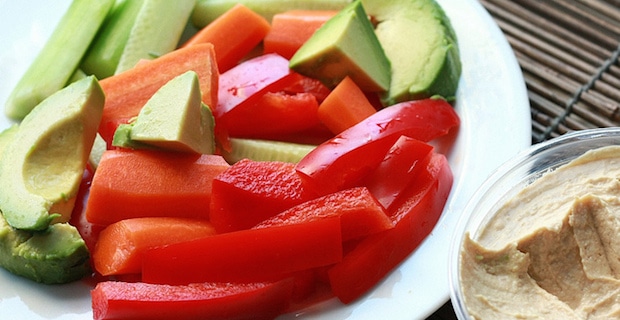
Experiencing a hypoglycemic (low blood sugar) reaction can be a cause for concern in itself, but it can also be a sign of more serious things to come. The result of excess insulin secreted into the bloodstream, hypoglycemia causes blood sugar levels to drop dramatically and is often the result of a diet containing refined sugars and starches. Over time this can stress out the pancreas and cause insulin production to cease, as in the case for type I diabetes, or cause your body to become resistant to the insulin you’re producing, which leads to type II diabetes.
Because refined and processed grains and sugars and have been stripped of their minerals, B vitamins and fiber, what’s left is pure carbohydrate, which quickly spikes blood sugar levels and causes hypoglycemia. This can make you crave even more unwanted sugary sweets, sending your blood sugar on a roller coaster ride all day.
Keeping your blood sugar levels balanced and avoiding hypoglycemia is essential to overall health and well-being and a preventative step in avoiding diabetes in your future.
Read more about why everyone should eat like a diabetic
Here are five tips to help you avoid hypoglycemia:
1. Remove all processed food from your diet.
To ensure you are getting complete nutrients, try to eat whole foods in their fresh, from-the-ground state, the way nature intended. Your body can better recognize and utilize the food you are consuming, and you will avoid the dramatic blood sugar spikes from eating foods that are filled with unrecognizable substances.
2. Consume grains only in their whole form.
Make sure the grains you eat are 100% whole grain. Eating these low-glycemic grains can keep blood sugar levels stable and provide essential vitamins and minerals to your diet.
3. Eat more frequent, smaller meals.
This keeps your blood sugar levels steady throughout the day, preventing a blood sugar spike from consuming larger meals and avoiding a dip as a result of going too long without food.
4. Increase fiber intake.
By moving to a more whole foods diet your fiber intake will increase by default. Don’t stress your body with unnatural foods it doesn’t know how to process effectively. Rather, eat foods your body recognizes and can best digest – in their whole state.
Read more tips for improving digestion
5. Avoid sweet drinks.
Any sweetened drinks, like pop, sports drinks or fruit juices, should be avoided if hypoglycemic reactions are an issue. Stick to water and herbal tea to keep steady blood sugar levels throughout the day.
Following these tips can help balance your blood sugar levels and avoid hypoglycemia.
Image: Jennifer










